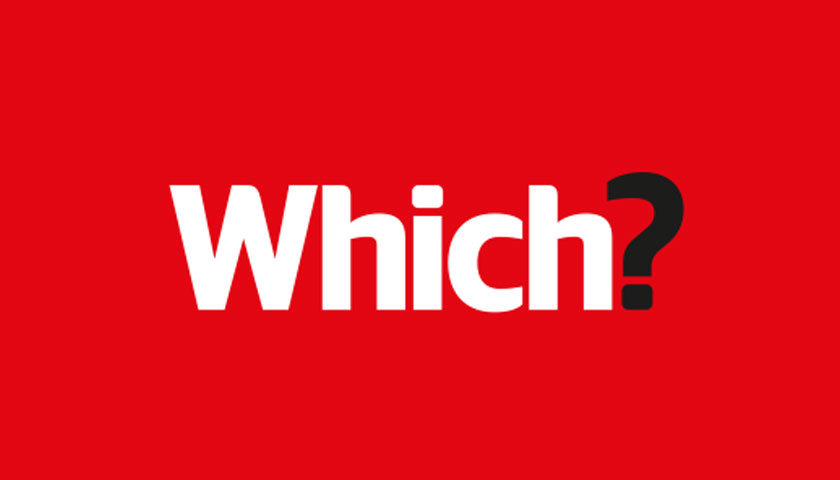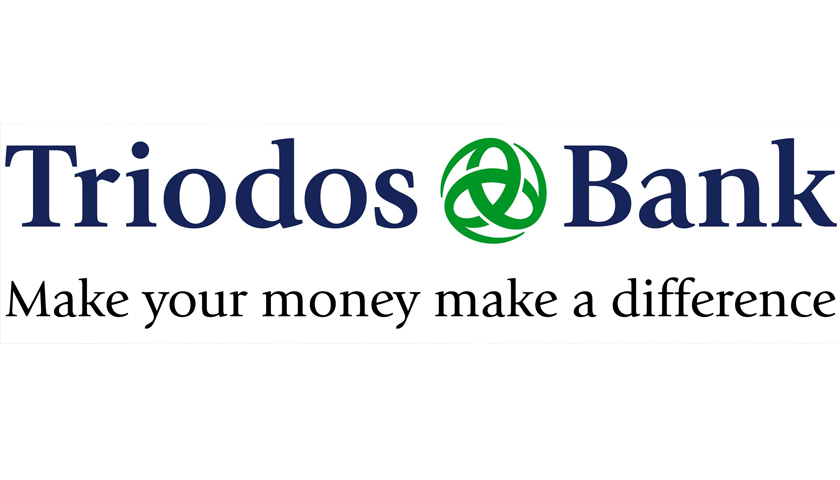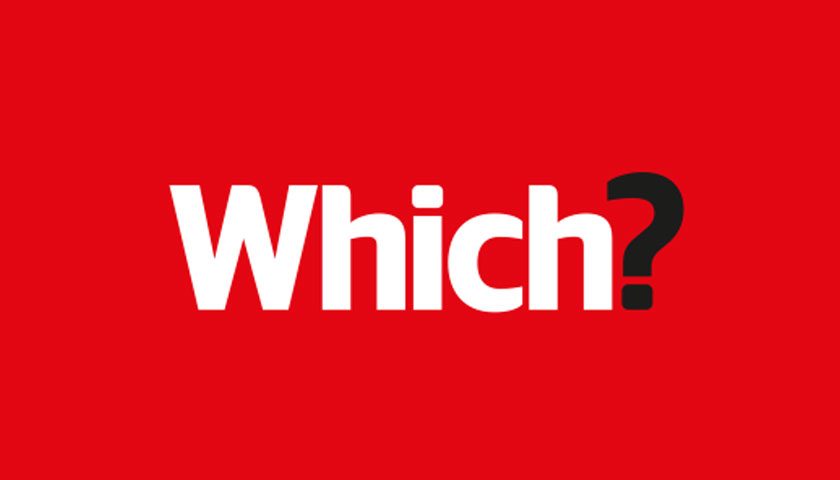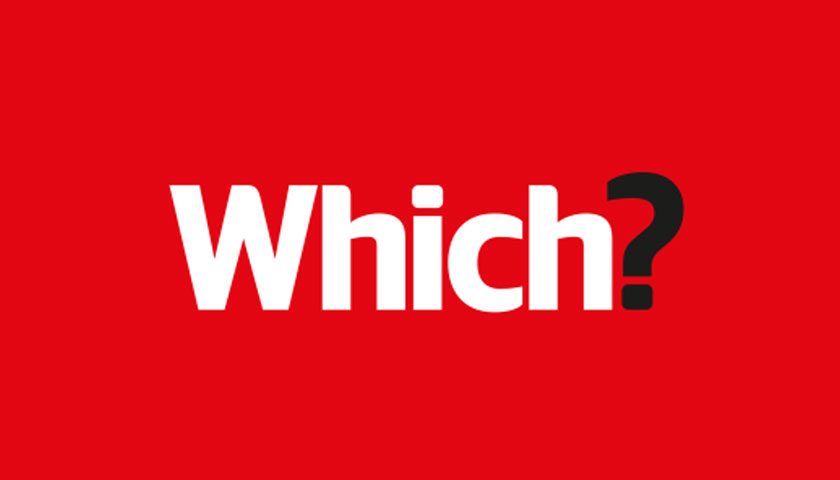Consumers believe social media platforms and search engines are failing to adequately protect them from scams, new Which? research has revealed – highlighting why the inclusion of paid-for advertising in the Online Safety Bill is desperately needed.
The consumer champion, alongside online scam victims, MPs and consumer and business organisations, is today calling on Nadine Dorries, Secretary of State for DCMS, and the government to include paid-for advertising in the Online Safety Bill to help tackle an epidemic of scams gripping society.
Which?’s research found that four in 10 (43%) consumers were dissatisfied with the protection from scams provided by social media platforms and search engines, more than double (20%) the number who felt protected. This was higher than levels of dissatisfaction with the protection from scams offered by the government (39%), email providers (33%), telecommunication companies (31%) and online marketplaces (29%).
An estimated 9 million people (17%) have been targeted by a scam on social media, according to Which?’s nationally representative survey.
Which? heard from one victim – Jill, 75, who lost over £30,000 in a potential cryptocurrency scam in 2020. Jill was tricked by an advert she saw posted by a third-party on Facebook, featuring fabricated quotes from Dragons’ Den star Deborah Meaden. She thought that the advert was legitimate as it was on a site she trusted, and seemingly endorsed by a well-known entrepreneur. After clicking on the advert, Jill was directed to an online form to input her personal details and immediately received a phone call from a representative for the company involved.
She told Which?: “I have lost my life savings and have had to take an equity release out on my home. It has been very stressful. I urge Facebook to be more vigilant, and vet any companies allowed to advertise.”
Online shopping scams, where fraudsters often use adverts to hook in victims, are also a big problem. Previous Which? analysis of Action Fraud statistics showed that this is easily the most reported type of fraud.
Which?’s calls come against a backdrop of increasing scams more widely. Which?’s survey of more than 2,000 consumers uncovered that eight in 10 (79%) people said they have seen or been targeted by a scam – reinforcing the scale at which fraudsters have been acting with impunity since the coronavirus pandemic.
Recent ONS figures suggest that fraud has increased by 36 per cent compared to pre-pandemic levels and Which? previously found that nearly one in 10 people (9%) have fallen victim to scam adverts on social media or search engines.
Which?’s latest survey found people had seen or been targeted by a scam via email (58%), texts (53%) and calls (47%). About one in six people (17%) said that they have seen or been targeted by a scam on social media, this compared with one in seven (14%) people for shopping websites and one in 10 (10%) for search engines.
The government is expected to publish the Online Safety Bill in the coming weeks and Which? believes it must be amended to include paid-for advertising. Doing so would give major platforms greater legal responsibility to protect users of their platforms from scams and fraud.
Rocio Concha, Which? Director of Policy and Advocacy, said:
“It is no surprise that consumers do not feel adequately protected by social media sites and search engines. These companies have some of the most sophisticated technology in the world, and yet they are not doing enough to protect their users from online scams on their sites.
“The government must include paid-for advertising in the Online Safety Bill so that consumers finally get the protection they need from fraudsters who will stop at nothing to target potential victims online.”



